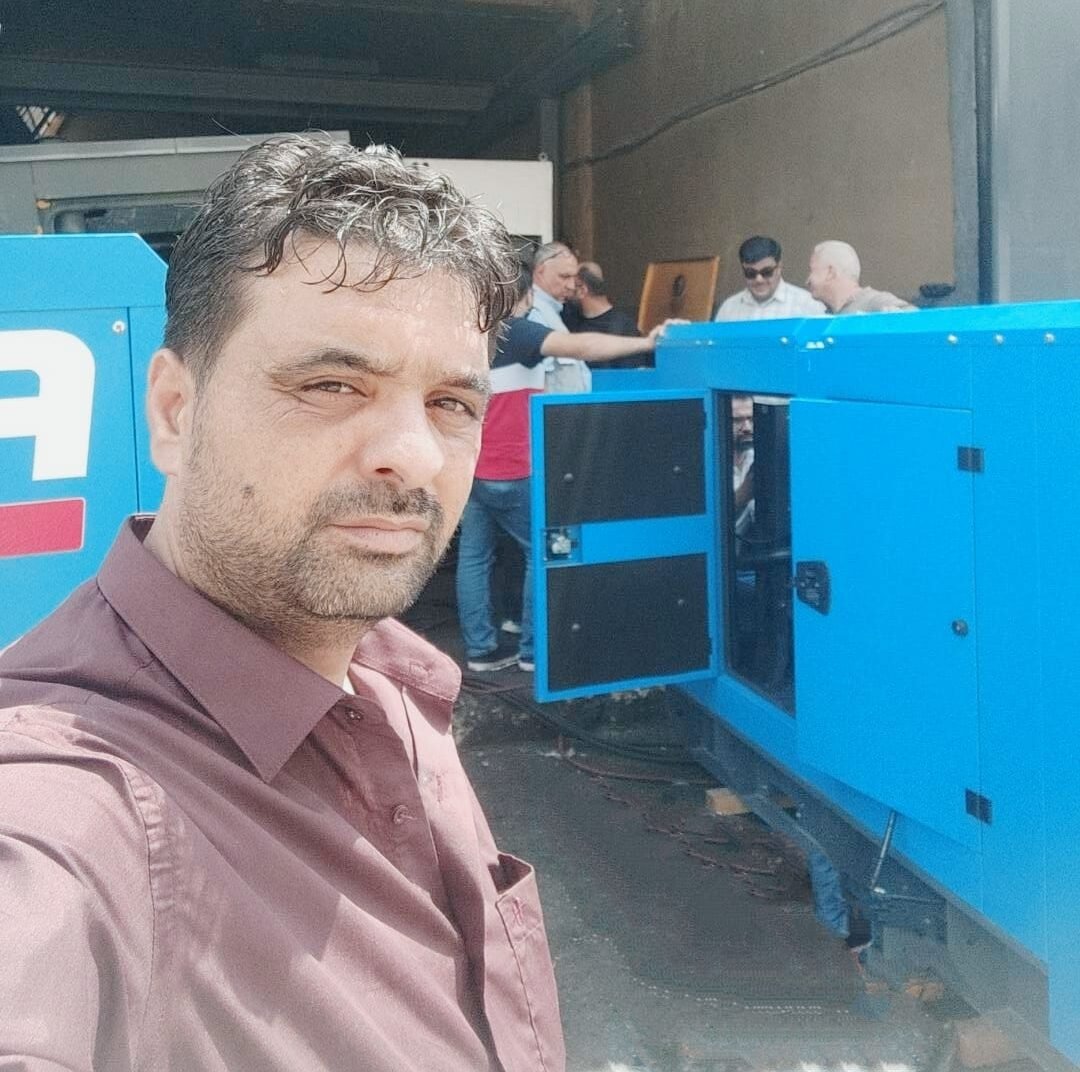What Role Do Small Businesses Play in Local Economic Recovery?
What Role Do Small Businesses Play in Local Economic Recovery?
May 19, 2023 | Nawar Maarri
When the earthquakes hit southern Türkiye in February 2023, small business owner Mohamad Aljadou’s home was completely destroyed. Mohamad’s immediate priority was getting his family, and his team and their families, to safety. As soon he knew they were settled, within days, his focus turned to the community and he began to mobilize relief. He equipped two cars with emergency materials, food, and water and drove to the earthquake zone to distribute to those in need. “Organizations need to prioritize speed when it comes to emergency relief efforts, especially at the local level, and local businesses are well poised to respond quickly and to local needs,” he says.
This wasn’t Mohamad’s first experience with disaster response. His company, Al Rawad, has collaborated with both international and local organizations on over 400 projects. Al Rawad was the first company to supply sewage vehicles to Syria, which has greatly improved sanitation in the country. Their diverse portfolio includes constructing schools, hospitals, sewage networks, rehabilitation of camps, and supply of generators, electrical transformers, and solar panels.
Al Rawad was founded in Türkiye in 2018, and Building Markets has been critical in supporting the company’s development. The Building Markets’ business directory and tender services have expanded Al Rawad’s access to new market opportunities, and Building Market’s experts also helped Al Rawad develop a new company profile to better showcase its strengths and capabilities to buyers. “The Building Markets team worked closely with us to identify areas for improvement and developed a comprehensive plan for enhancing our company’s visibility and competitiveness,” Mohamad says. Since working together with Building Markets, Al Rawad has been able to secure more contracts.
When the earthquake struck, Building Markets continued to support Al Rawad and other companies in the area by sharing available tenders and connecting them with organizations focused on relief and reconstruction for relevant opportunities. Local economic recovery, and the supply chains that will support reconstruction, must include local businesses, and aid should prioritize funding to help them get up and running again. While Al Rawad will be able to continue to operate its business as usual, many small businesses in the affected areas will need financial support to re-open.
Despite the challenges, Mohamad remains optimistic that local businesses can recover and return to full operation with the right support. This is critical not only for small businesses, the employees and families they support, but for the economic health of the cities in the earthquake-affected areas that will depend on a robust and vibrant business sector to support ongoing growth and development.

